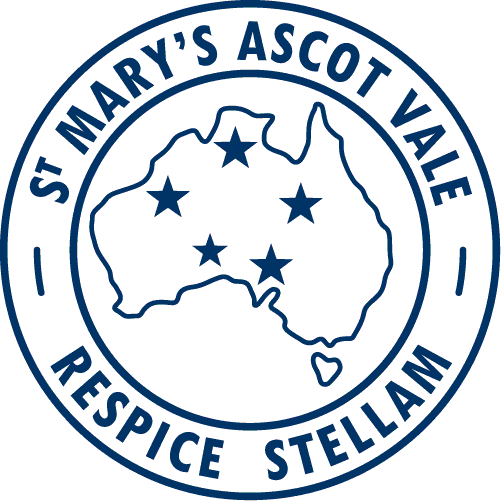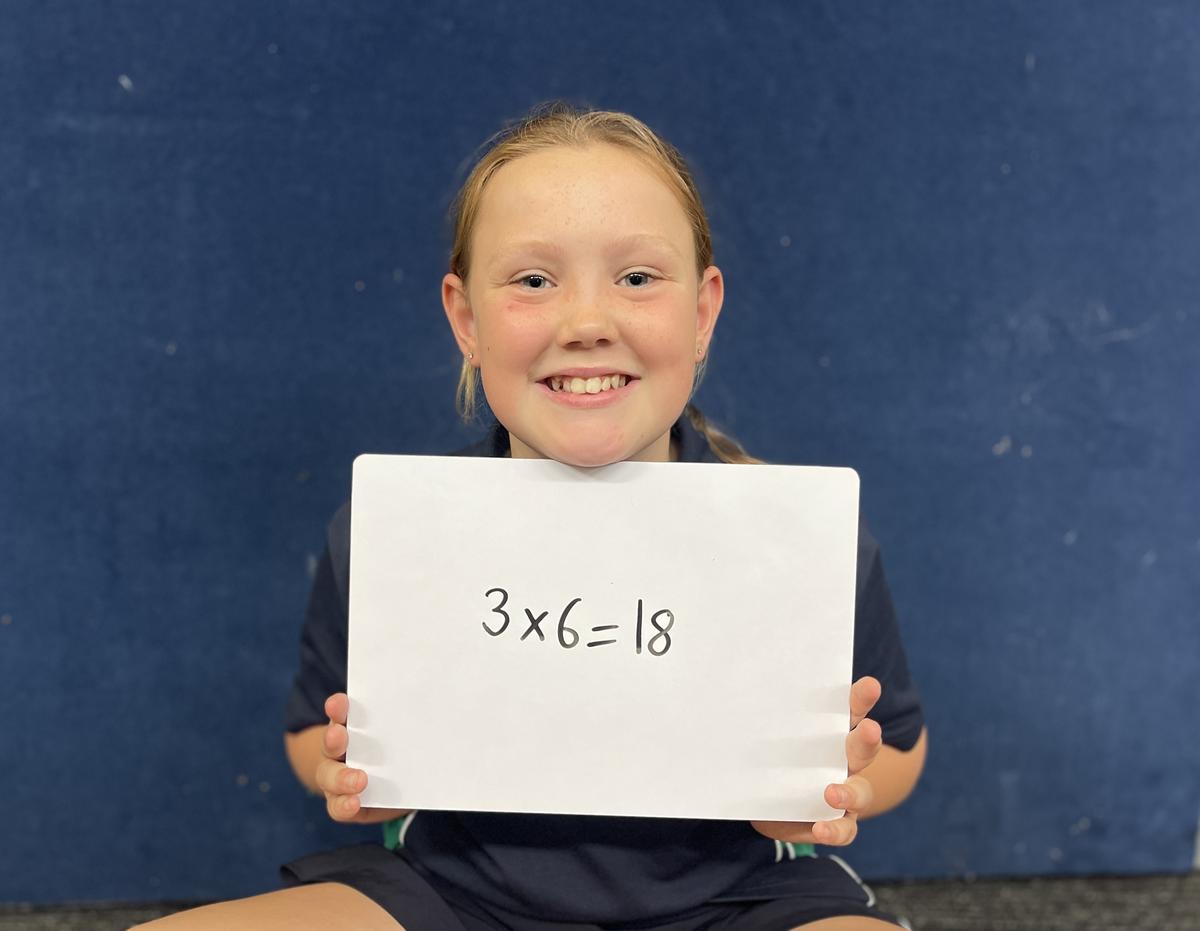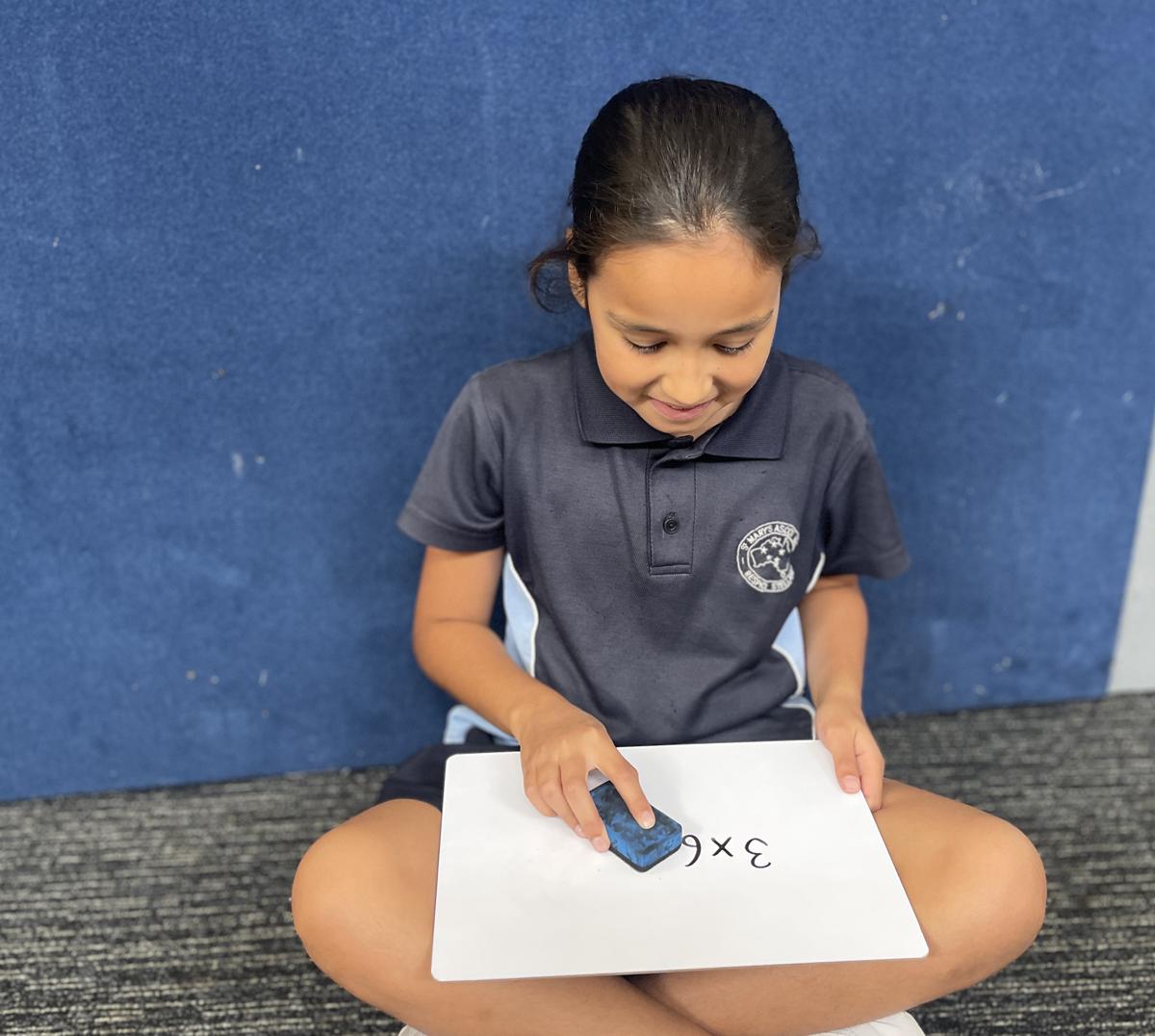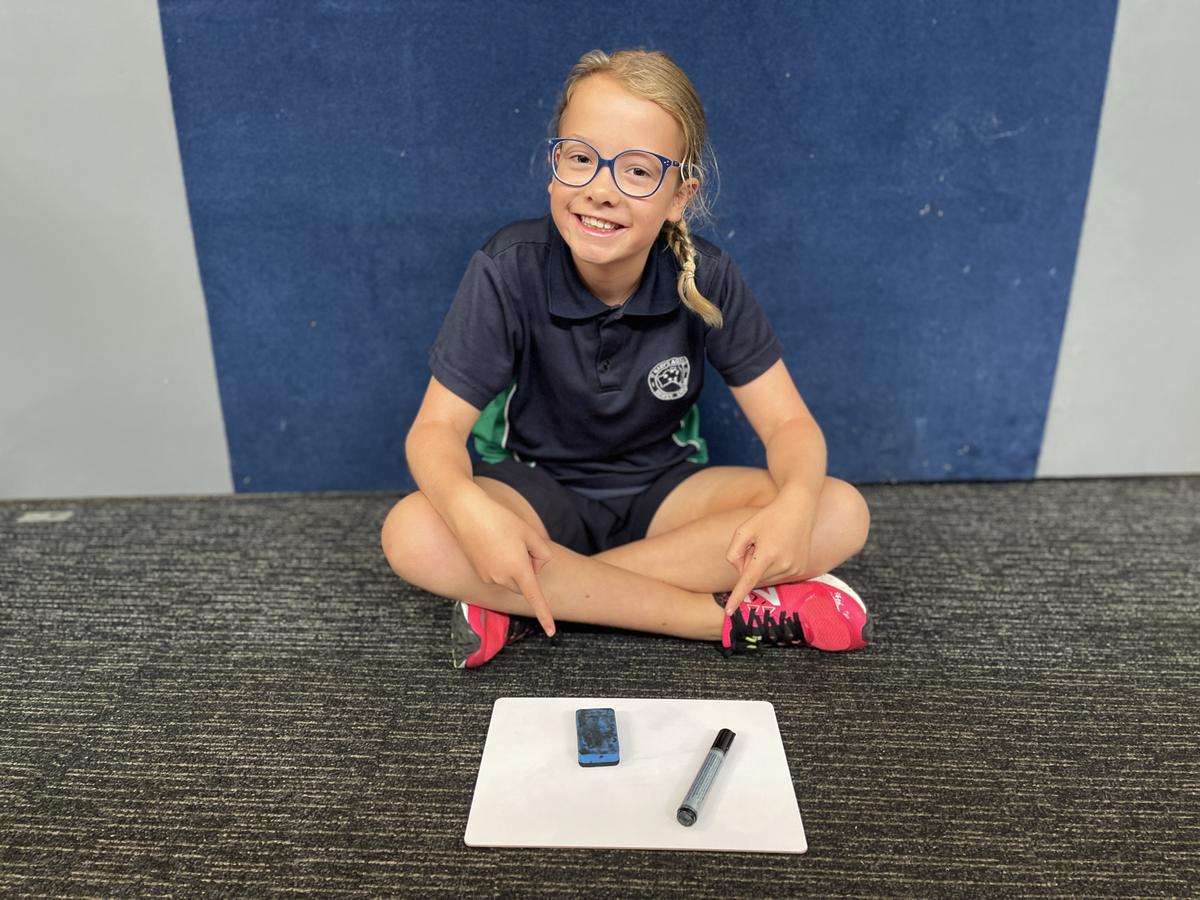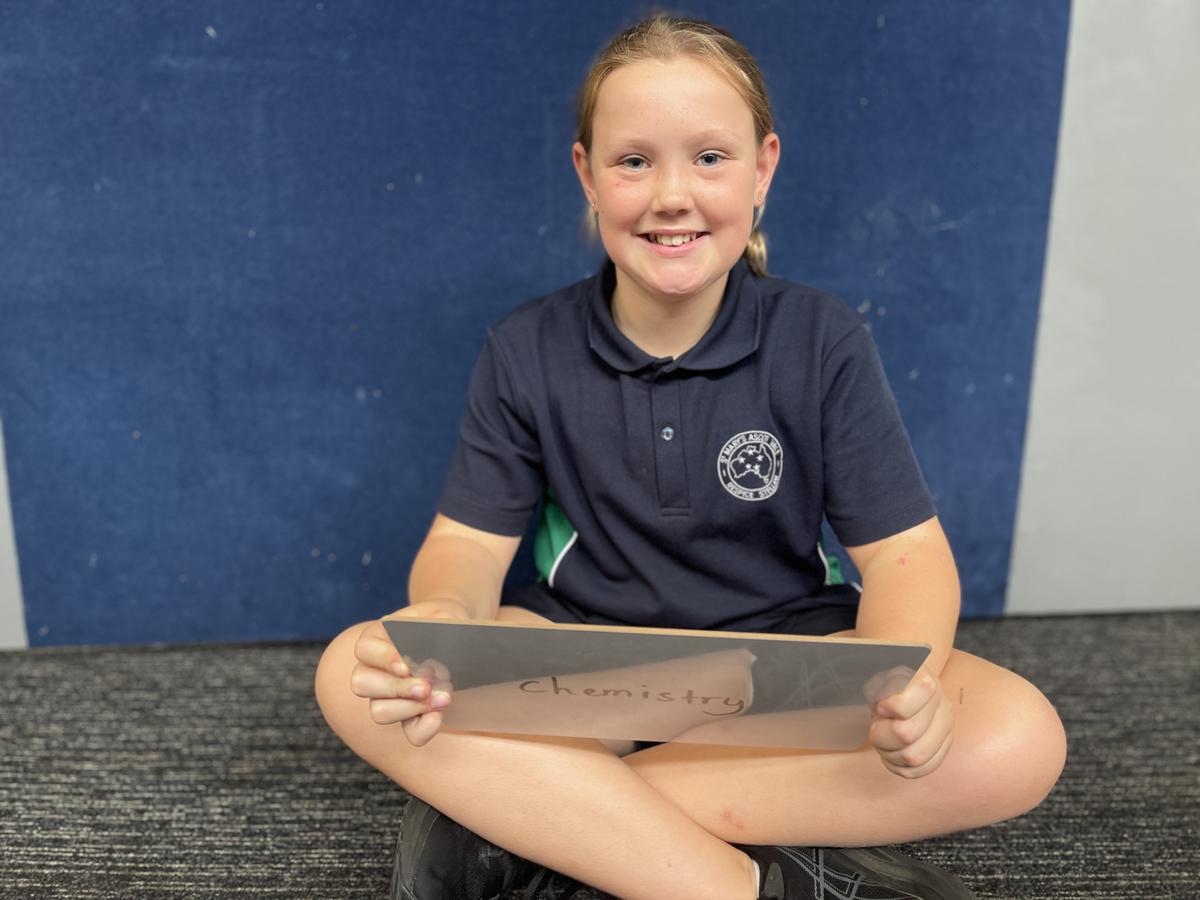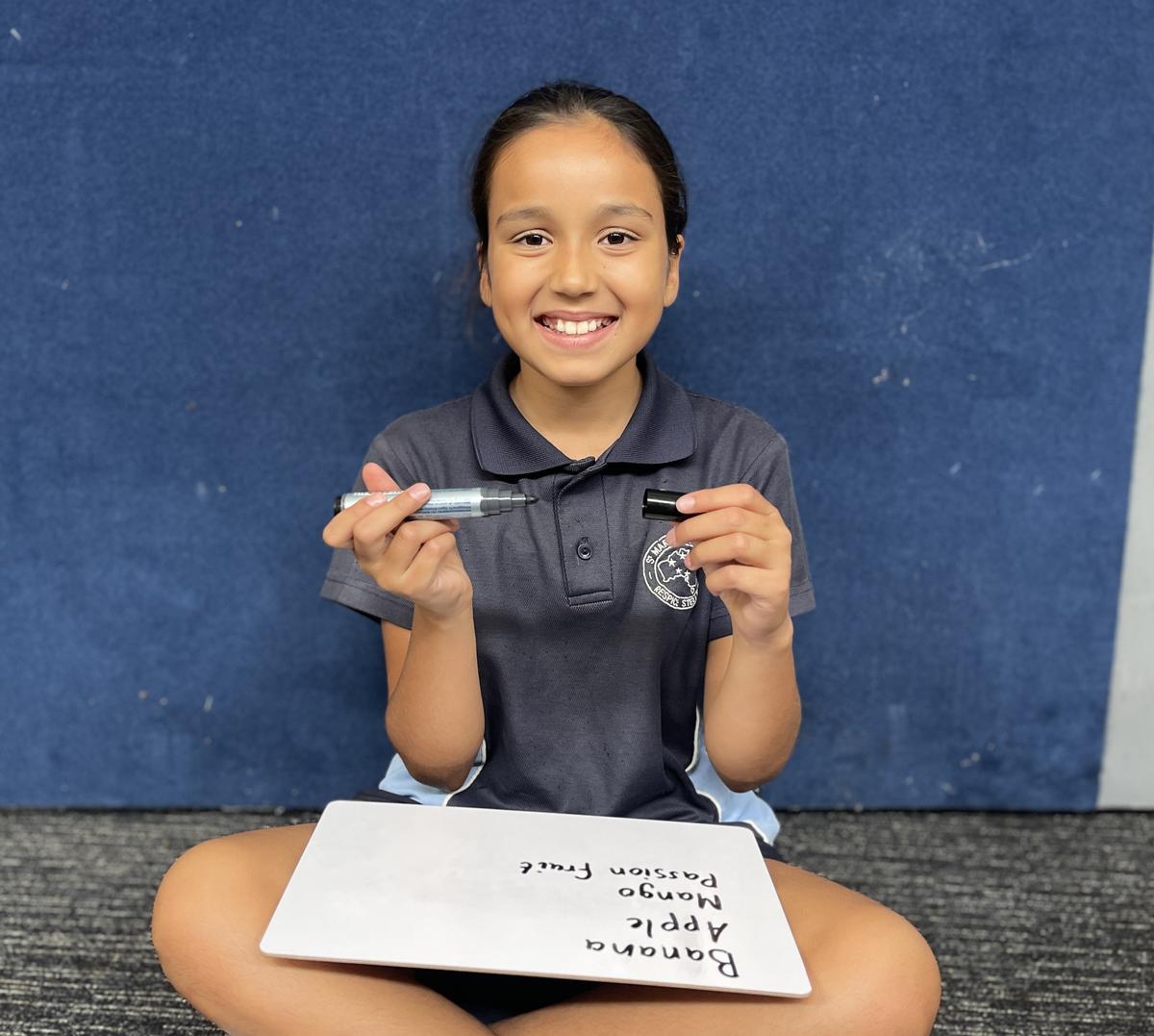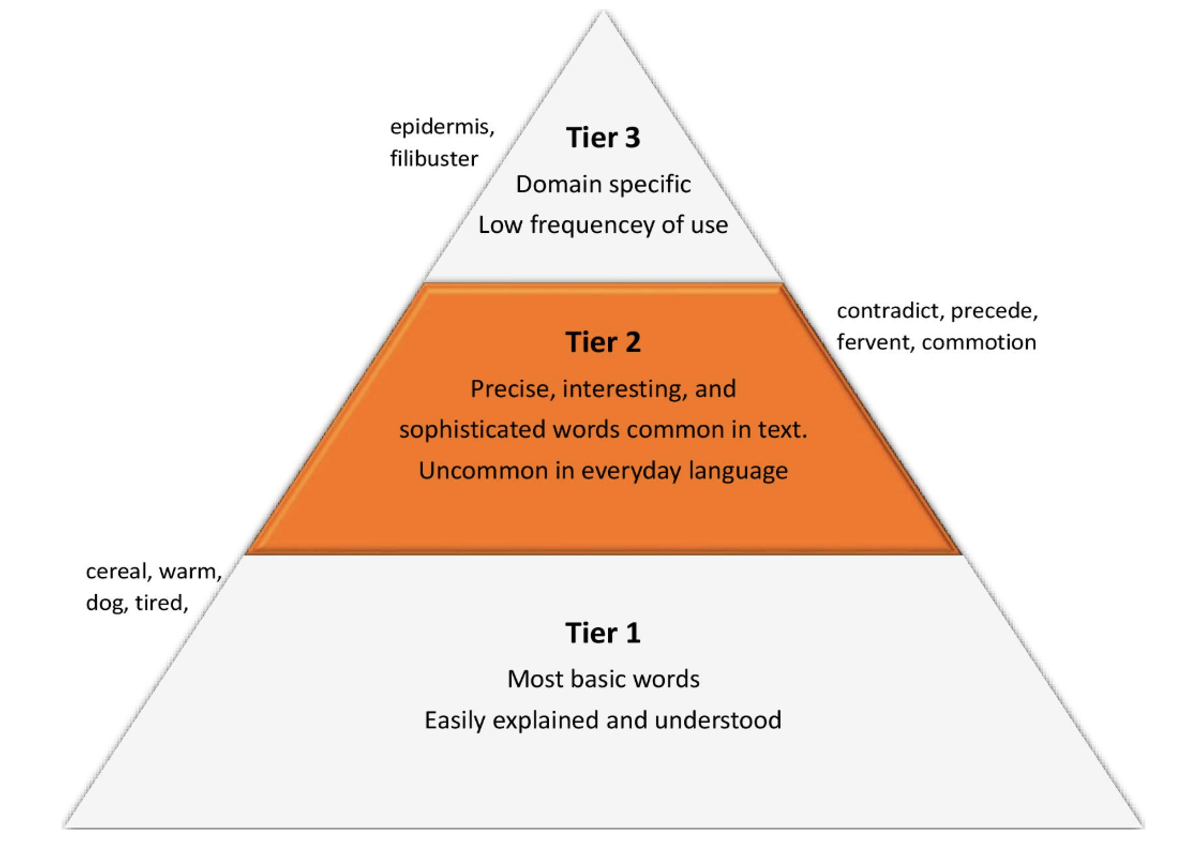Learning and Teaching

Teaching & Learning
A message from Mrs Hodgetts
As you may have heard on the news, through social media or even on this newsletter - MACS (Melbourne Archdiocese Catholic Schools) is implementing the Vision for Instruction. This involves a significant pedagogical focus to ensure all students are active participants during explicit teaching. One such strategy involves the use of mini-whiteboards. Your child may come home to tell you about these words, or alternatively, they can practice them at home!
'Chin It'
This is where the students hold their individual whiteboards under their chin to show the teacher or co-educator their work.
'Cap It'
Here, the instruction is to put the lid on their whiteboard marker!
'Hover It'
The students hold their whiteboards down to indicate to the teacher they have finished recording their thinking.
'Park It'
This cue asks students to put their whiteboards and markers down in order to listen to the teacher.
'Bin It'
Finally, this command is as expected. Students rub out their work.
Mathematics
A message from Mrs Toney
The Benefits of Challenging Tasks in Maths
Mathematics is an essential subject that helps children develop problem-solving skills, logical thinking and confidence. While some pupils may find certain aspects of maths challenging, these difficult tasks play a crucial role in their learning journey. Encouraging children to tackle more complex problems can have numerous benefits that extend beyond the classroom.
Building Resilience
Challenging maths tasks teach children that persistence and effort lead to success. When faced with a tricky problem, they learn to keep trying, explore different strategies and not give up easily. Over time, this builds resilience—a valuable skill they can apply in all areas of life.
Developing Problem-Solving Skills
Solving a challenging maths question requires children to think critically and logically. They must break problems down into smaller steps, look for patterns, and test different solutions. These problem-solving skills are not only useful in maths but also in science, technology and everyday situations.
Boosting Confidence and Self-Esteem
When children overcome a difficult challenge in maths, they experience a sense of achievement. This boosts their confidence and encourages them to approach future challenges with a positive attitude. Success in problem-solving helps them believe in their abilities and embrace learning with enthusiasm.
Encouraging a Growth Mindset
A growth mindset means believing that abilities can be developed through effort and practice. When children engage with challenging tasks, they learn that making mistakes is part of learning. Instead of feeling discouraged, they see mistakes as opportunities to improve and grow.
Preparing for Real-World Challenges
Maths is everywhere in our daily lives, from budgeting and shopping to cooking and travel. By tackling difficult tasks in school, children become better equipped to handle real-world challenges that require logical thinking and problem-solving skills.
How Parents Can Help
Parents can support their child’s maths learning by encouraging a positive attitude towards challenges. Praise effort rather than just correct answers, and help children see mistakes as learning opportunities. Playing maths-related games, solving puzzles together, and discussing different strategies can make learning enjoyable and rewarding.
Challenging tasks in maths are not something to be feared but embraced. They help children develop essential skills that will benefit them for years to come. So, let’s encourage our young learners to take on challenges with confidence and curiosity!
English
A message from Ms Cardillo
The one about VOCABULARY!
Vocabulary is the knowledge of words and their meanings and how we can recognise them in print and speech.
Vocabulary is broken down into THREE TIERS:
Tier 1 Vocabulary: Words we commonly use in everyday speech.
Tier 2 Vocabulary: Words that are more interesting, precise or sophisiticated than everyday language.
Tier 3 Vocabulary: Words that are topic specific based on what you are reasding or studying, i.e. photosynthesis when reading about how plants grow.
See the diagram below:
Why is Vocabulary important?
Vocabulary plays an important role in word recognition. A student is more likely to be able to read a word if they find a match between the word on the page and a word they have learnt through listening and speaking.
Vocabulary is also the key to reading comprehension. Readers cannot understand what they are reading without knowing what most of the words mean. As children learn to read more advanced texts, they must learn the meaning of new words that are not part of their oral vocabulary.
The explicit teaching of vocabulary also plays a vital role in creating more sophisticated writers!
Remember the Simple View of Reading?
Vocabulary sits in the Languge Comprehension part of the equation and is very important to the development of good readers, communicators and writers!
What does this mean for us at St. Mary's?
We are slowly but surely introducing the explicit teaching of vocabulary. We have already had a go and are highlighting Tier 2 words that can be explicitly taught from our weekly texts or topics we are learning about. We hope to see this having an impact on how students speak, understand text and write.
Wehen introducing new words we would generally look at (Depending on Year Level):
- Decoding the words and breaking them into syllables
- Parts of Speech (Is it a verb, noun, adjective?)
- Definition
- Synonyms (Sometimes antonyms)
- An image that might relate to the word
- Words in context (Sentences)
What might you do at home to support us?
- Ask your children what words they are learning and see if they can remember them and use them at home!
- When reading with or to your children point out a few TIER 2 or 3 words and explain what they mean.
- Encourage the use of more sophisticated words when speaking with your children.
